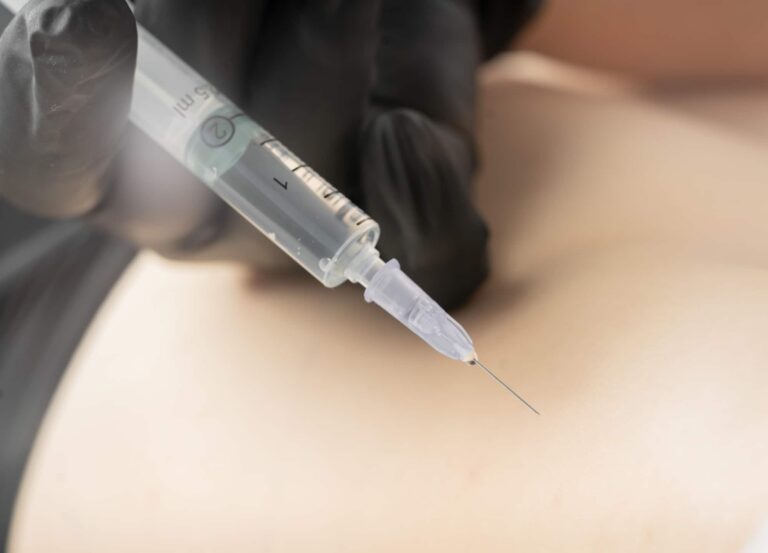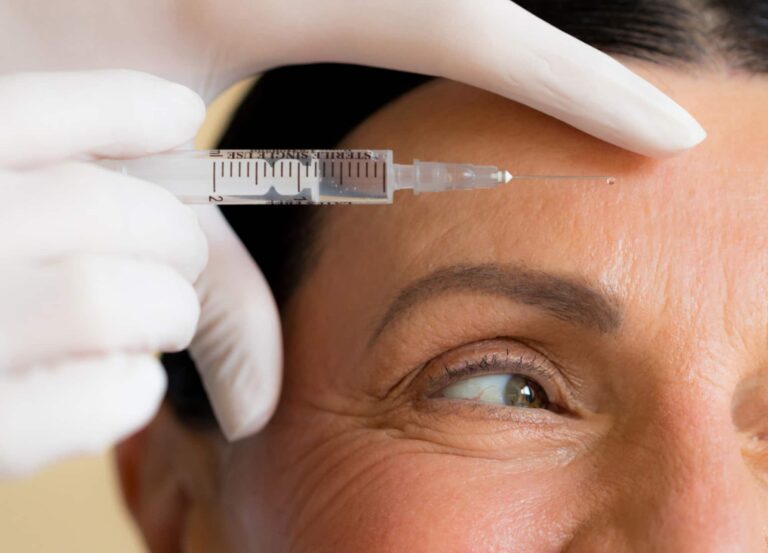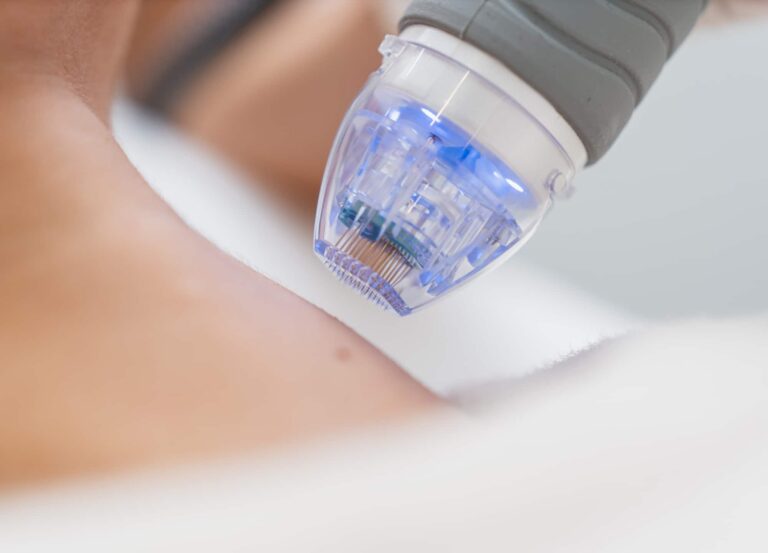This story is part of our RealSelf Verified campaign to offer consumers greater transparency into provider qualifications and help them find trusted, patient-friendly professionals.
To say the world of aesthetics is tricky to navigate is an understatement. According to a RealSelf study, nearly three in five U.S. women don’t know the difference between a cosmetic surgeon and a plastic surgeon—a worrying statistic and just one of the reasons we created RealSelf Verified, which takes the work out of vetting a doctor’s credentials. It’s all too easy for providers to take advantage of the fact that patients place blind faith in medical institutions, don’t question their training and aren’t aware of all the loopholes in the law that allow for, say, a pediatrician to perform a breast augmentation or a physician to claim they were trained at an esteemed university when in reality they took only a weekend course there.
To break down some of the confusion around finding the right provider, we asked three RealSelf Verified doctors to weigh in on eight red-flag behaviors that trustworthy doctors would never engage in.
1. They don’t mislead with their credentials.
A doctor who has nothing to hide will be up-front about their credentials, education and safety standards—on their website and in person. “They won’t refer to themselves as ‘Dr.’ and have staff refer to them as such when they are not an MD or a DO,” says Nanuet, New York, dermatologist Dr. Heidi A. Waldorf. “A DNP [doctor of nursing practice] has a PhD, which is a doctorate, but it is suggestive to patients when they say ‘Dr.’ that they are medical doctors.” Asking specifics about your provider’s board certification is key in the consultation: “If they say they have a ‘specialty’ in dermatology but don’t say they are board-certified in dermatology, they aren’t,” she says, adding that board certification must come from a physician organization, such as the American Board of Dermatology or American Board of Plastic Surgery.
2. They never promise results based on “wish” pictures.
Just because Kylie’s pout or Meghan Markle’s nose is your personal ideal doesn’t mean it’s realistic for your face. According to Jacksonville, Florida, plastic surgeon Dr. Vaishali B. Doolabh, “The photograph has value in getting the patient to communicate clearly and can be a guide, but it is prudent to discuss individual anatomy and asymmetries that will influence the final result and any disparities with the ‘wish’ picture. The consultation should include an assessment of the patient’s motivations, goals and understanding of [the] inherent qualities of a photograph—lighting, position, magnification, animation and filters—before promising a result.”
Related: RealSelf’s Guide to Traveling Out-of-State for Plastic Surgery
3. They never post patient medical details on social media, review sites or RealSelf.
The HIPAA Privacy Rule protects patients’ medical records, personal health information and photos by requiring that doctors obtain written consent from the patient before publicly sharing any details, yet it’s not difficult to find unprofessional doctors and their staff violating this law across social media and review sites. (One example: in response to a negative Yelp review, the business manager of Miami-based clinic Jolie Plastic Surgery responded, “After reviewing your chart with your surgeon we did put you 450CC in one breast and 500CC in the other because one of your breasts is visibly larger than the other that is the reason in the difference in size.”)
“Not only is posting personal patient medical details without their consent a frank violation of privacy laws, it is discourteous and breaks the unspoken bond of trust the physician creates at [the] initial consultation,” says Dr. Doolabh. “Patients admit to their inner desires and insecurities that lead them to seek treatment within the confines of the exam room, not in a public forum subject to voyeurism. Posting private information without consent will brand the physician disreputable and not trustworthy, which may be difficult to recover from.”
4. They refuse to use injectables patients have bought online.
“A reputable doctor would never perform a cosmetic treatment using injectable medicines of an unknown source,” says Melbourne, Florida, facial plastic surgeon Dr. Ross A. Clevens. “Rather, ethical doctors use only their own supply of FDA-approved injectable products, purchased directly from trusted manufacturers based here in the United States, to ensure the medicines are safe and pure.” Err on the side of safety by always asking your provider whether the injectables, drugs or devices they’re using on you are FDA-approved. If they are and your doctor is using them off label, that’s generally fine; if they’re not, they’re illegal.
5. They won’t hand you off to a different doctor on the day of your procedure.
A last-minute provider bait and switch isn’t unusual in high-volume clinics run by non-board-certified doctors—and if it happens to you, it’s an obvious sign to get out. “The professional judgment of the operating surgeon is guiding all discussions and decisions…. Surgical procedures are not technical exercises but rather are tailored care plans for individual patients,” says Dr. Doolabh. “Bait and switch of doctors on surgery day negates this personalized care and is a violation of the bond of trust that was implied—that the surgeon whose talents and experience were promised will fulfill their duty.”
6. They don’t demand a procedure deposit prior to a consultation.
No ethical doctor will confirm you’re a proper candidate for a procedure without a consultation, during which they will discuss your goals, review your health history and assess whether the procedures that interest you will achieve the cosmetic outcome you want, says Dr. Clevens. (Ideally, the consultation is in person, but video consults are becoming more popular for out-of-state patients.) Most doctors charge a consultation fee, which may be applied toward the cost of the procedure if one is booked, but you should never be asked to put down a deposit to hold a surgery date before a one-on-one conversation with the doctor who will be treating you.
7. They don’t perform surgery without medical clearance.
A medical clearance exam is required for any elective surgery, to ensure the patient is healthy enough for the operation and anesthesia. This exam usually takes place a month prior to the procedure and accounts for heart rate, blood pressure, pregnancy, BMI and any history of complications.
8. They don’t offer incentives or payment for patient referrals or positive reviews (and they don’t give refunds to avoid negative reviews).
The American Medical Association Code of Medical Ethics Opinion 9.6.3 says, “Physicians must not offer financial incentives or other valuable incentives to current patients in exchange for recruitment of other patients. Such incentives can distort the information patients provide and skew the expectations of prospective patients, thus compromising the trust that is the foundation of patient-physician relationships.” According to Dr. Waldorf, that means doctors cannot offer a deal to a patient for bringing in a new patient and cannot offer payment or a deal for writing a good review. Of course, it’s hard to turn down a deal on an expensive treatment, but it’s worth considering whether a doctor who’s willing to break simple ethics rules is one you want working on you.











